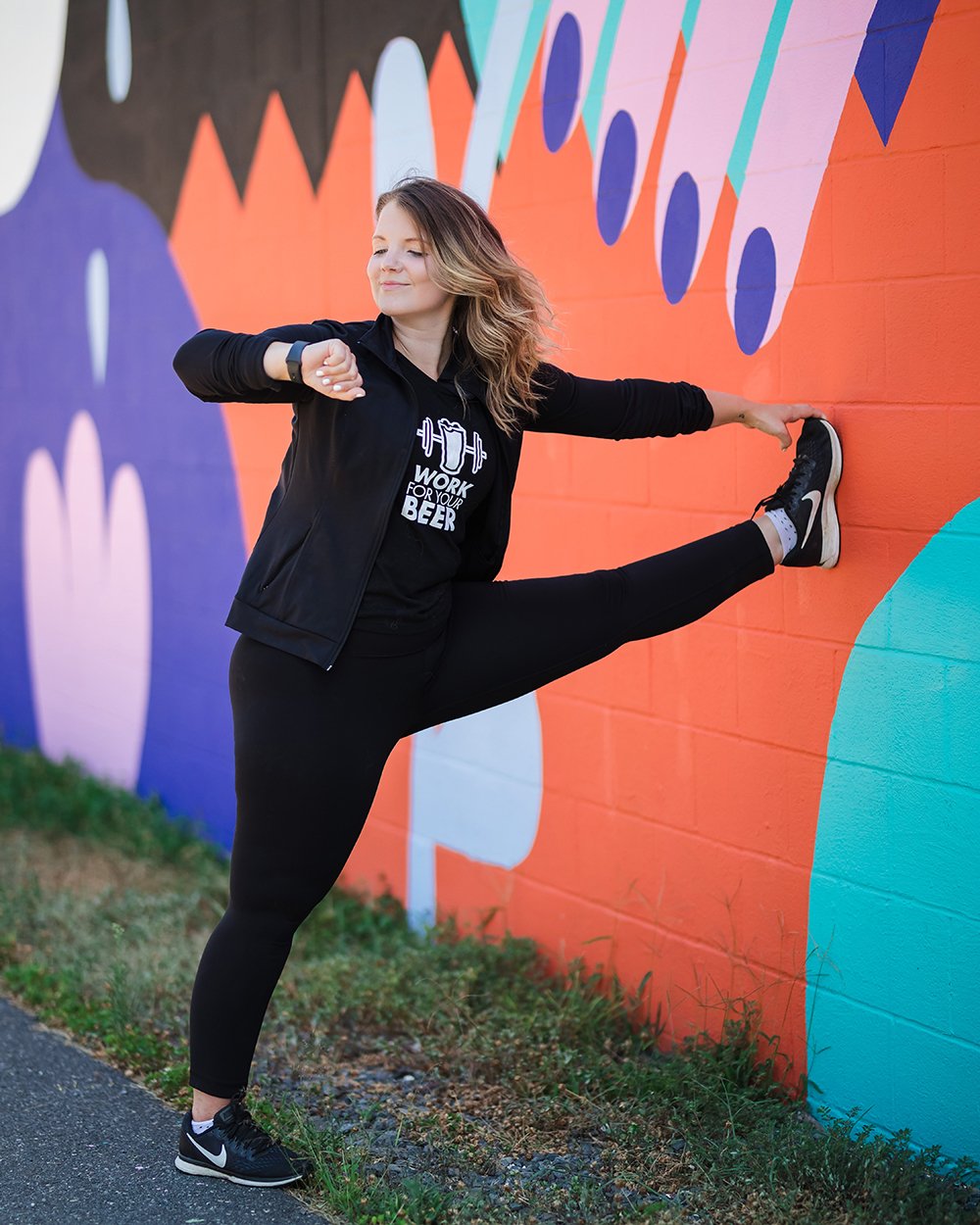Is It Better To Run In The Morning Or In The Evening? We asked an expert
This content is brought to you in partnership with OrthoCarolina, one of the nation's leading orthopedic practices with offices across the Southeast.
When you've got a busy schedule, finding the time to run at all can be tough. But what if the time that you are scheduling to run isn't the most beneficial time for your body?
Your body needs different things at different points throughout the day. So, is there a time of day that's best for you to run, based on your body's needs? Or, more specifically: should you plan to run before or after work?
We reached out to Arja Owens, a physical therapist assistant (PTA) at OrthoCarolina, to find out if it's better to run in the morning or the evening.

Morning Runs: Pros & Cons
When you first wake up in the morning, your body isn't necessarily ready to take on strenuous physical activity. After all, you've been lying still for (hopefully eight or more) hours!
Your mobility, flexibility, and body temperature are all relatively low when your alarm initially goes off, so you're not going to be able to jump straight into your run like you may be able to at other hours of the day.
"What I do recommend is a warm-up walk of 10-15 minutes prior to starting your run, because physiologically, you need to get going after lying still all night—much like warming up a car before you start driving," Owens said.
In fact, as long as you don't mind a longer warm-up period, peeling yourself out of bed to log a few miles before work might actually be a good idea. According to a study published in Vascular Health and Risk Management, running in the morning could actually lower your blood pressure and help you sleep better.
The other benefit, of course, is simply that running in the morning means you got your workout out of the way before your day got the best of you.
"You get it over with," Owens said. "You just get up and go for a run, and then you won't have something crop up that stops you from running later in the day."
Evening Runs: Pros & Cons
The primary benefit of running later in the day is that your body is already functioning at a higher level than it is first thing in the morning.
"There is some research which indicates that running is best when your body temperature is higher, which is in the late afternoon," Owens said. "This means that your muscles are warmed up from your normal daily activities, and injuries are less likely to occur."
That being said, planning a workout in the evening (rather than knocking it out first thing in the morning) also gives you more of an opportunity to bail on that workout. You may be too exhausted after a long work day, or you may prefer to hang out on the couch or with friends rather than get a few miles in.
Running in the evening requires substantial motivation. If you're not worried about staying motivated to run after work despite the other distractions around you, great! If you need some motivation, finding a group of people to run with (like a brewery run club near you!) can add a layer of accountability that will motivate you not to skip your run.
The Verdict
Here's what it really boils down to: what time of day do you actually enjoy working out, and feel the most motivated to go for a run? In the long run (pun intended), that time of day is going to be your best bet, despite the rest of this information.
"Whatever your preference, the main thing is that you are getting your exercise in to make a difference in your health," Owens said.
Learn More From the Experts at OrthoCarolina
Whether you've recently experienced an injury, need help with recovery after tough workouts, or just want to learn more about living a healthy lifestyle, OrthoCarolina can help. Check out their blog, sign up for their newsletter, or follow them on social media now for more helpful tips from the experts! #YouImproved

